Inside: There are many benefits to practicing minimalism with kids. Here are eight ways it’s beneficial for child development.
A guest post by Rose Morrison
Raising children in the digital age comes with a unique set of challenges. With technological advances have also come additional distractions and a concern for their impact on children’s development.
Additionally, living in a culture where the messaging is constantly telling us to buy more can also influence the values of children as they grow up.
Minimalism is a way to try and prevent overstimulation and excessive materialism. Practicing minimalism with kids is a great way to lead by example and show them that there is a different way to live.
And that can positively impact your child’s development in a variety of ways. Here’s how it can help.
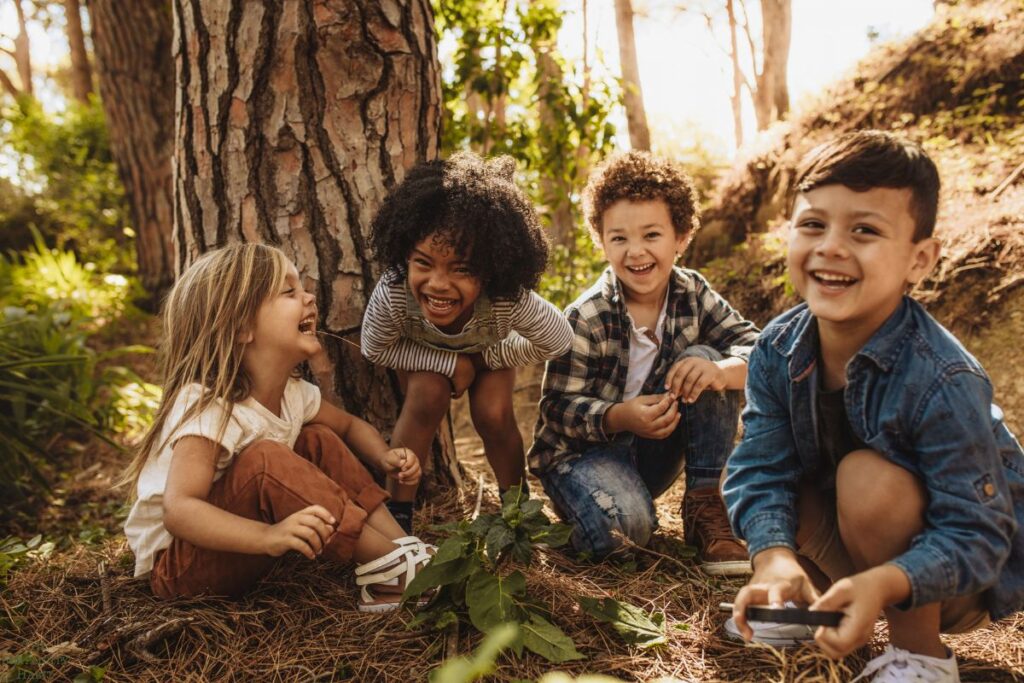
What Is Minimalism?
Learning how to live as a minimalist is a process and a journey. It’s about adopting a new way of living.
Minimalism is about owning less to enjoy more from life. This enlightening concept encourages you to distinguish needs from wants and realize what matters to your family.
If you learn ways to declutter your home and live a simple life, you can remove distractions that make your children’s surroundings chaotic.
Minimalism with Kids: 8 Ways It Benefits Your Child’s Development
Growing up in a minimalist household benefits your kids in many ways. Here are eight positives.
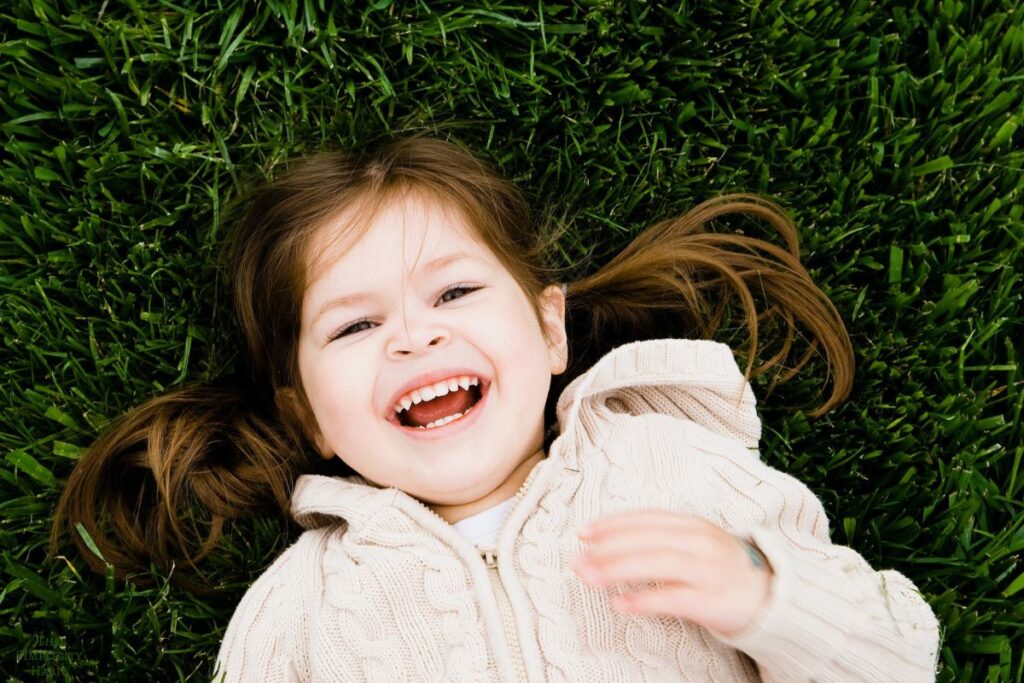
1. True Happiness
When practicing minimalism with kids it’s important to teach them that happiness isn’t found in stuff and that continually acquiring more can negatively impact your life.
Your possessions own you — they eat into your savings, get you attached, occupy your space, take up your time, cause you to worry, and can influence your major life decisions.
If your house is full of excess stuff, it will feel smaller and messier. This environment can stress you and your negative emotions may affect your kids in various ways.
The first step toward creating a happier household is to cut back on the excess. Doing so will allow you to spend more quality time with your kids to fulfill their emotional desires instead of showering them with too many toys.
When your children are older, they’ll be more keen on establishing genuine relationships rather than joining the rat race as a consumerist who works tirelessly but stays in debt. They’ll understand that having people who care about them — and not accumulate meaningless possessions — is good for the soul.
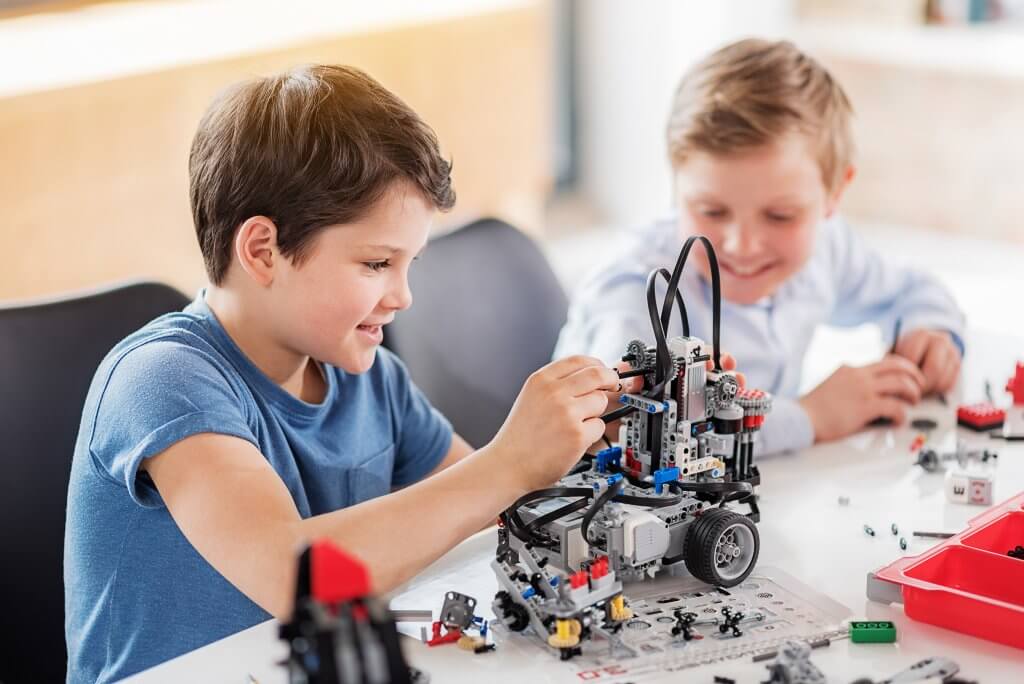
2. Improved Focus
Remember the first time you went to Baskin-Robbins? How long did you take to pick an ice cream flavor out of dozens? You probably had favorites, but you likely still wasted time considering everything, narrowing your options and wondering what you might miss before finally making your decision.
The same thing happens to children when they have too many options. More choices will make them indecisive, hurting their problem-solving ability.
Most parents instinctively want to provide all the tools their children need to overcome obstacles. However, overindulging your kids will add needless visual noise to their space and overstimulate them.
In a minimalist environment, your little ones can concentrate on a task when playing. They can use their creativity to solve challenges outside the box. Creative play promotes focus and critical thinking — a vital life skill.
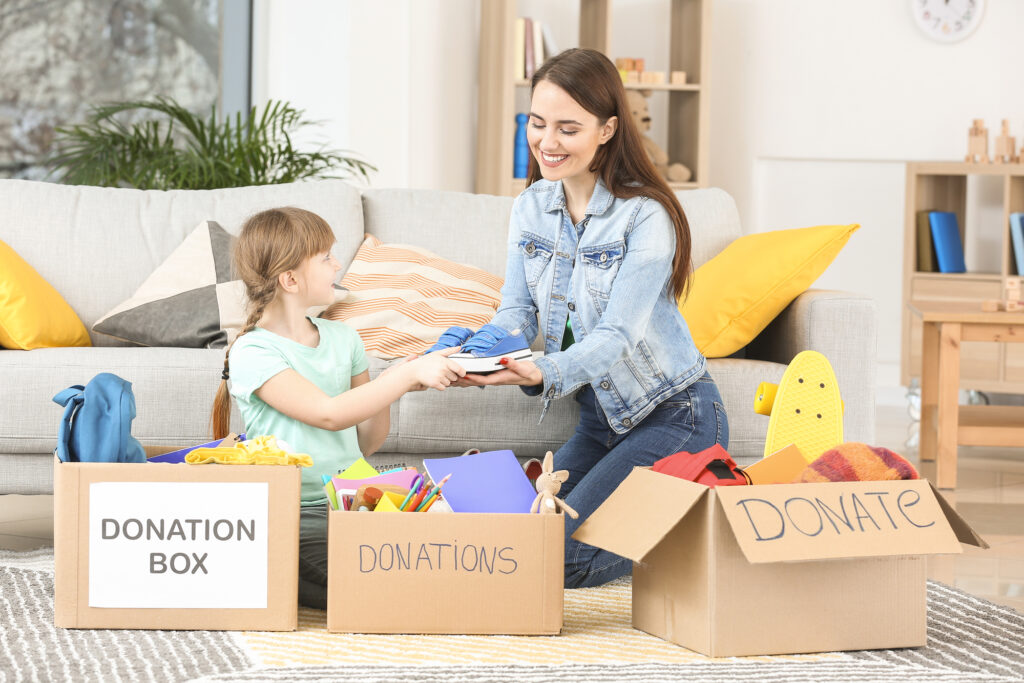
3. Strong Sense of Generosity
Part of transitioning to a minimalist lifestyle is working with your kids to declutter. Coming alongside them and giving boundaries for the amount of things they can keep empowers them to make decisions about what stays and what goes.
If your child has trouble letting go of items they’re no longer using, encouraging them to be part of giving those items to someone who could use them will help teach them generosity.
It feels good to give to others and when your child is part of that process they’ll be more likely to let go a little easier next time knowing someone else can make use of their things.
As we teach our kids to share and donate we help them to become less self-focused and more tuned into the needs around them.
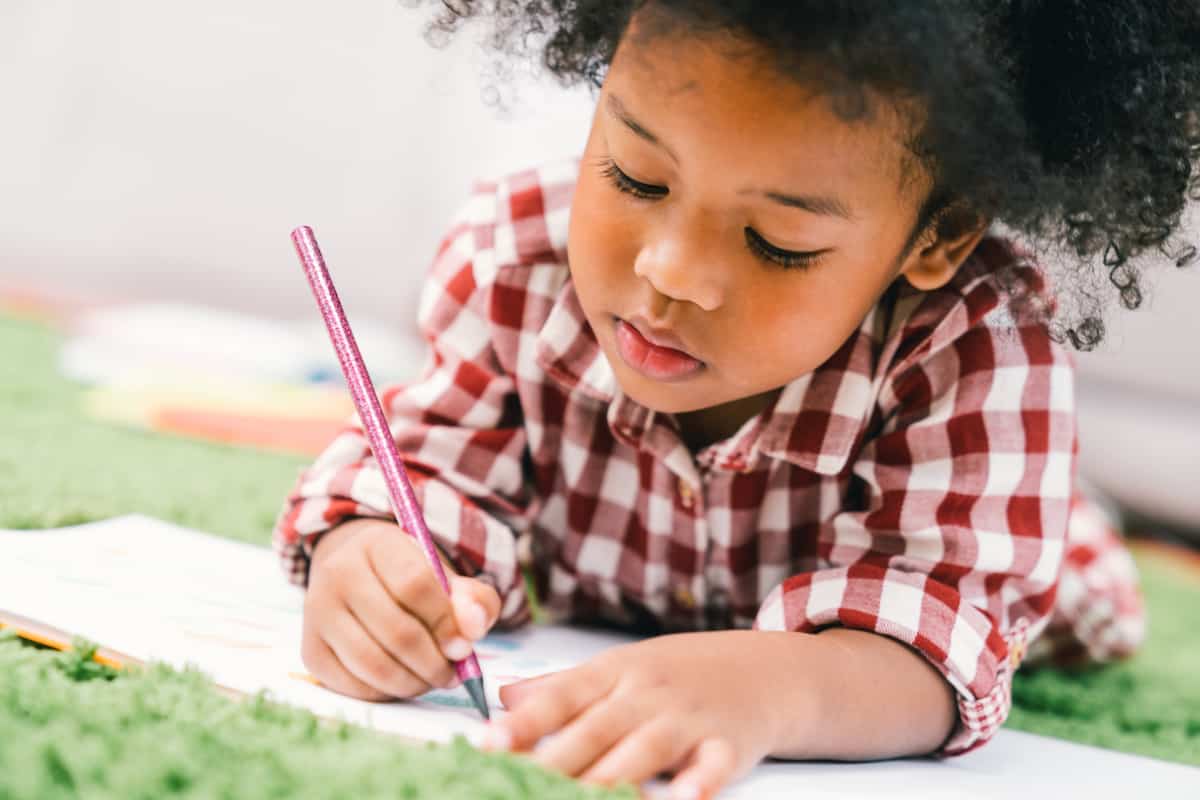
4. Genuine Gratitude
Materialism can desensitize children to pleasure. In contrast, minimalism teaches them about perspective.
If they grow up in a minimalist family, they’ll be more inclined to feel grateful for what they have instead of having a false sense of entitlement.
Talking to kids about being intentional with what you own and how being able to afford things is a privilege, not a given.
By treating the items in the home with care, you’ll set an example of how to have a healthy relationship with stuff. The gratitude you demonstrate in your home will carry over to them as well.
With this mindset, they’ll be comfortable living within their means and appreciate what they have as adults.
There are other ways to start practicing gratitude with your kids that will help to increase their awareness and begin a habit of gratitude in their own lives.

5. Deep Connections With Nature
Growing up in a minimalist house will teach kids to value experiences over possessions. With few distractions inside the house, your young ones will gravitate toward the outdoors and discover the enjoyment of spending time in nature.
There are many benefits to be experienced from being outside. Physical activity helps with cardiovascular fitness, strengthens your children’s bones and muscles, burns calories to prevent obesity, releases endorphins, aids relaxation, and promotes better sleep and posture.
Playing outside also allows your kids to explore their boundaries and test their limits. It’s an important part of becoming independent and responsible.
Furthermore, the closer your children are to nature, the more they’ll care for the environment. Electrical power plants in the U.S. emitted 1,763 million metric tons of carbon dioxide in 2018 alone. The world needs the next generation to be forward-thinking in considering alternative energy sources, and consider how those resources impact the planet.

6. Increased Focus on What Matters Most
The culture teaches that being wealthy and that what you have are the measures of success. However, when adopting a minimalist lifestyle you get to define success on your own terms.
Instead of money and more stuff becoming the focus of your life, your kids will see that you’re spending time focusing on the values that are most important to you as a family.
That could include spending more time together, traveling, helping others, or any number of things that you’ve decided to prioritize in your life.
Instead of seeing life just as working to acquire more, they’ll see the time that you could on the things that mattered most which will encourage them to do the same.
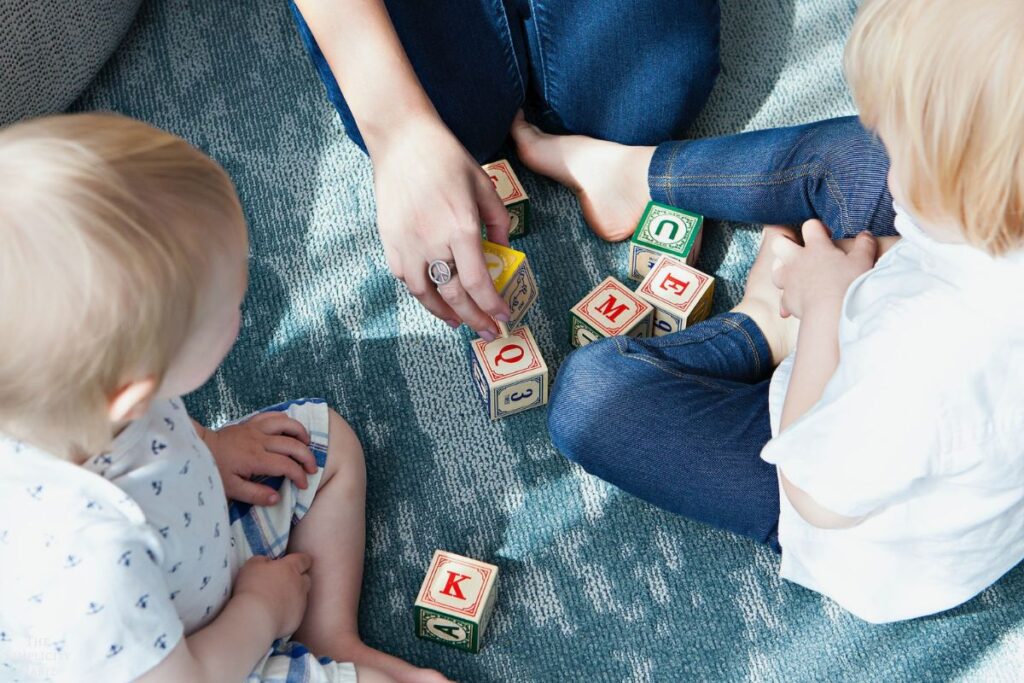
7. Powerful Imagination
Minimalism will maximize your children’s imagination. Embracing this concept is different from shunning toys completely, though.
Toys that encourage imaginative play are great tools that give children the opportunity to build their own worlds. Using open-ended toys allows them to put their widely creative minds to work.
Minimalist parents love toys that serve multiple purposes and inspire children to think. An excellent example is blocks and stacking rings for toddlers — toys your kids can play with in a variety of ways.
It’s amazing to see what kids will create when playing with simple toys that they can exercise their imagination with.
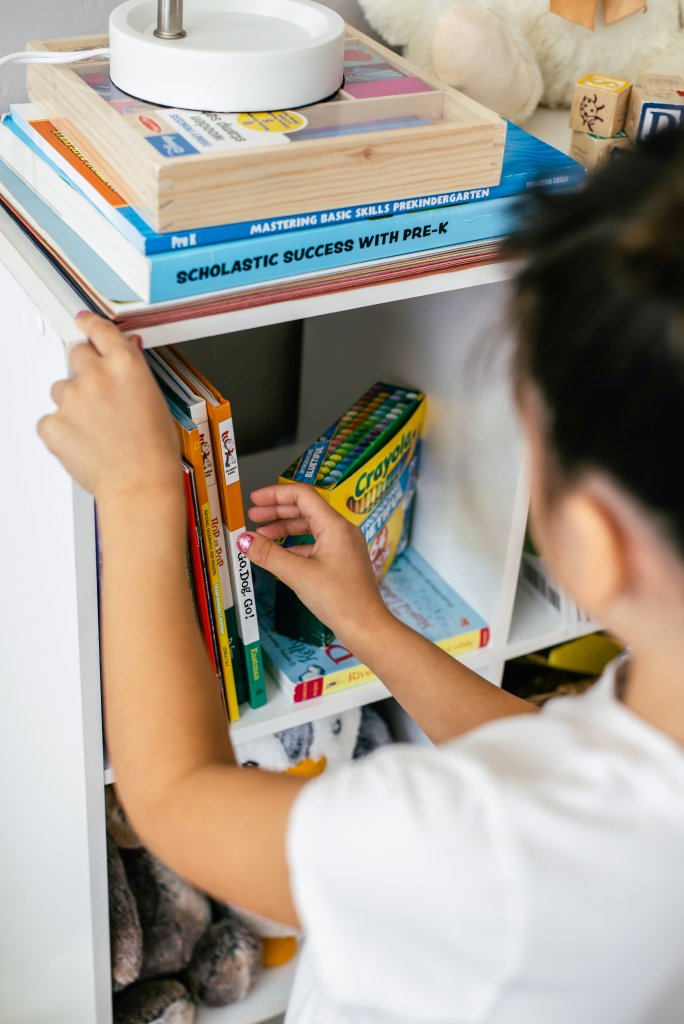
8. Easier Tidying
As you practice minimalism with kids, you not only encourage creativity and imagination by having fewer toys, but it also makes it easier for them to be responsible for their own things.
A decluttered room makes things manageable, encouraging children to pick up after themselves.
When the task no longer feels overwhelming you may be surprised to see how much easier it is to get your little ones’ cooperation when you ask them to clean up their toys and put their clothes in the proper places.
Does that mean they will always do it perfectly? No, but having fewer things and clear places for them to go sets them up for success.

9. Prudent Money Management
Minimalist kids are more likely to handle delayed gratification well. If you demonstrate positive consumer habits to them — like making intentional and thoughtful purchases — they’ll learn how to prioritize their necessities over luxuries.
Showing them how to be a mindful spender will also give them a template for managing their finances properly when they assume adult responsibilities later in life.
Teaching kids to live simply in a consumer culture isn’t always easy, but it will have a positive impact on their lives.

Minimalist Kids Enjoy Life to the Max
Minimalism counters the modern culture of consumerism. Although instilling your children with its values will take ongoing effort, it’s worth it.
A minimalist mindset is a helpful piece to raising your kids to become happy, contented, kind, healthy, and financially savvy adults. It all starts with you, so modeling owning less and focusing on what matters most will help to encourage your little ones to live to the fullest too.
What are some benefits you’ve seen from practicing minimalism with kids? Let us know in the comments!
Sign up on the form below to get weekly decluttering tips sent straight to your inbox. You’ll also get the free Your Home Decluttered Jumpstart which includes 100 easy items to declutter and 12 high-impact areas to declutter in 10 minutes.


